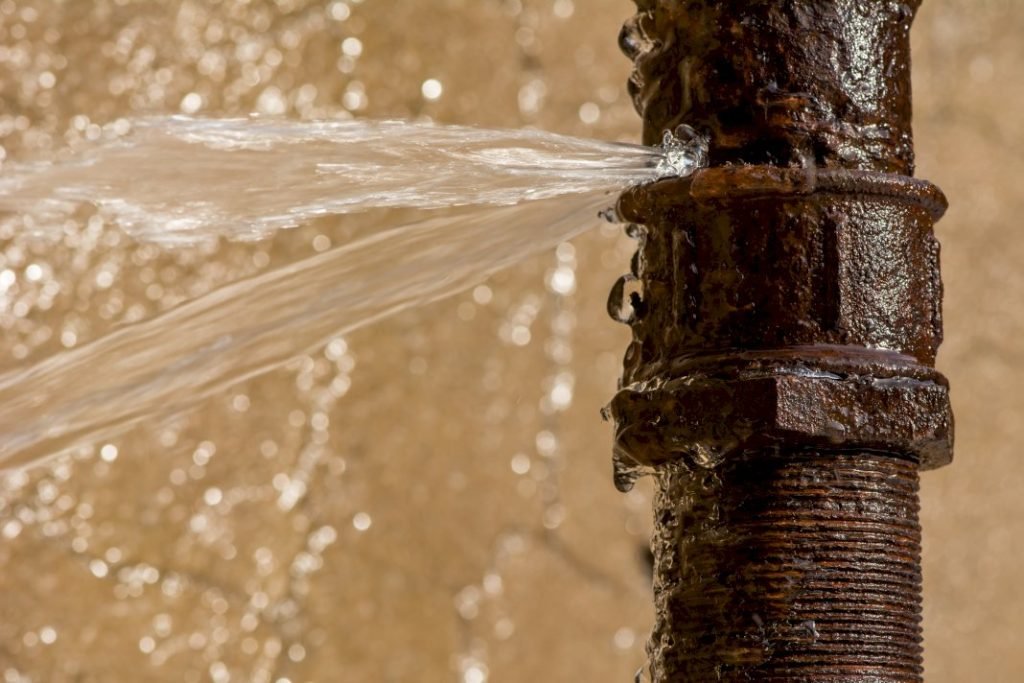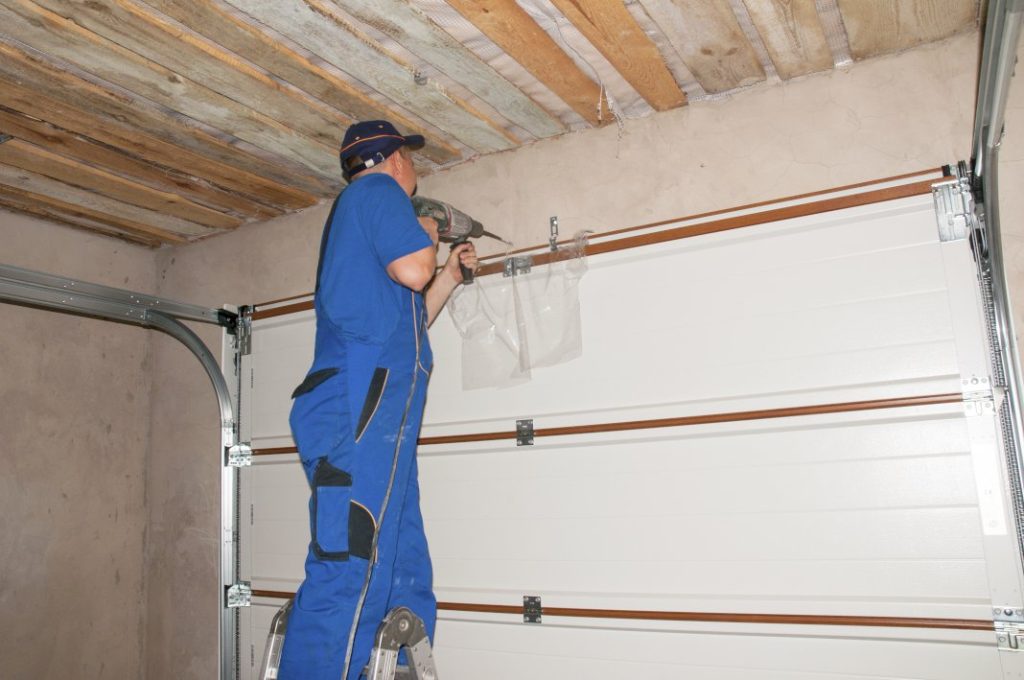- Rust is an oxidation of iron that creates a reddish-brown residue on surfaces.
- Rust can weaken the structural components of a home, causing potential collapse.
- Plumbing pipes can become clogged and leak due to rust.
- Electrical systems, such as switches and outlets, risk shock or fire due to rust.
- Home metal components should be cleaned and maintained regularly to prevent rust formation and its damaging effects.
Homeowners often ignore indoor and outdoor rusty components. Until the damage is extensive and costly to repair or worse until it affects someone’s health. When rust sets in, it’s not just a cosmetic concern but a more significant issue. Rust is the term used for the reddish-brown layer that forms on metals. It is a sign of oxidation and can lead to metal degradation. Here’s how rust can form in your home, affect your home, and places in your home that can be highly affected.
How Does Rust Form?
Rust is formed when oxygen combines with iron in the presence of water or moisture. This oxidation causes the iron to rust and become brittle, creating a reddish-brown residue on surfaces. Even if there is no direct contact with water, humidity also plays a part in rust formation. Here are the general effects of rust on your home.
Structural Damage
Rust can affect the structural integrity of your home. Metals that support your house, such as beams and columns, are vulnerable to rust. Rust can weaken the structural components of your home, and in the worst-case scenario, it can cause a collapse. Rust can also weaken your walls, doors, and windows, posing more security risks.

Plumbing Damage
Pipes are essential to the functioning of your home. Rust can form in plumbing pipes over time, leading to clogged drains and leaks. Rust can also contaminate the water that flows through your pipes and pose health risks to you and your family. It’s critical to have your pipes checked frequently and upgraded if necessary.
Electrical Problems
If rust is present in your electrical systems, it can interfere with the wiring and cause electrical faults that could lead to shocks, fires, or even explosions. Rusty electrical boxes, switches, and outlets are hazardous because they increase the risk of electrocution.
Respiratory Problems
Rust produces tiny particles that can get into your lungs and cause respiratory problems. The particles inhaled through rust can irritate your lungs, leading to coughing, wheezing, and shortness of breath. Prolonged exposure to rust particles can even cause permanent damage to your respiratory system.
Devaluation
When rust affects the visible parts of your home, such as your garage door or fence, it can significantly decrease your property’s overall appearance and curb appeal. Rust can make your house look old, poorly maintained, and unattractive, reducing its value in the real estate market.
Locations in Your Home Susceptible to Rust
Not every part of your home is susceptible to rust. Here are five locations in your home susceptible to rust and what you can do to deal with and prevent it from happening.

Garage
No other place in your home has more metal than in the garage. From your car to your tools, rust can affect them all. Additionally, make sure to check your garage roller door. If it’s rusted, it can be hazardous to your family. Consider garage roller door repairs if it is damaged by rust. Lastly, ensure you regularly check for rust and take preventive measures, such as applying a rust-resistant coating on metal surfaces, to protect your items from oxidation.
Kitchen
The kitchen is a highly vulnerable area to rust because of exposure to water. Rust can form in sinks, faucets, and other metal components. To prevent rust from forming, remove all moisture after each use. Additionally, you can apply a rust-resistant coating on the surfaces to protect them from oxidation.
Gutter
Rainwater collects in gutters and can cause rust. Ensure your gutters are cleaned regularly to avoid any buildup of dirt or debris that could cause rusting over time. You should also check for damages and take preventive measures, such as applying a new coat of rust protection paint to help protect against corrosion and increase the life of your gutter system.
Furniture
Patio furniture is susceptible to rust due to its exposure to the elements. When not in use, cover your patio furniture with a waterproof cover and store it away from rain and moisture. Additionally, apply an anti-rust coating on metal surfaces to help protect against corrosion.
Lawn Equipment
Gas-powered lawn equipment, such as mowers and trimmers, are at risk of rusting since they are exposed to water and humidity. To prevent this from happening, clean off any residual water after each use and store them properly in dry conditions when not in use. Applying an anti-rust agent can also help protect your lawn equipment from rust formation.
Rust is one of the most common causes of home damage. Taking preventive measures, such as properly cleaning and maintaining metal components in your home, can help prevent rust formation and protect your home from structural, plumbing, electrical, respiratory, and devaluation problems. By following the tips mentioned above, you can ensure that your home is safe from the harmful effects of rust.